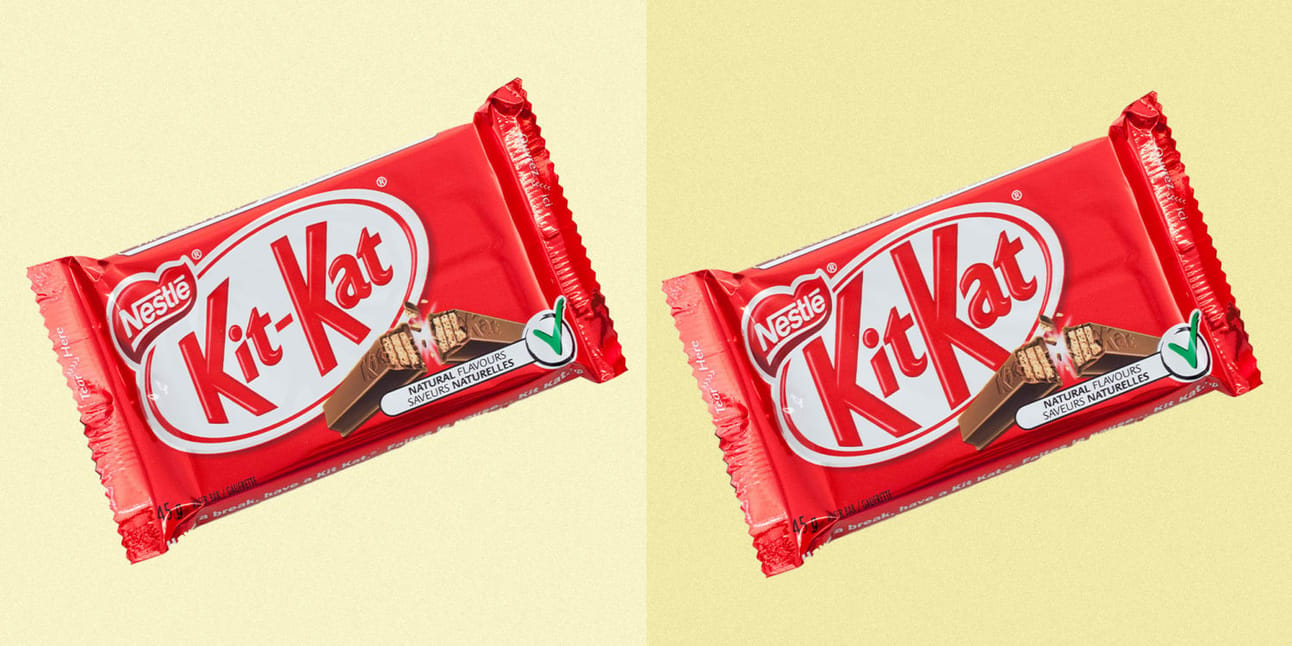- Mindset Matters
- Posts
- The Psychology of The Mandela Effect
The Psychology of The Mandela Effect
Do you remember Monopoly’s mascot wearing a monocle? 🧐 Do you remember the Evil Queen in Snow White asking, “Mirror, mirror on the wall, who’s the fairest of them all?” Do you remember eating “Kit-Kat” this past year? You do? Well then, guess what—you just experienced the Mandela Effect!
Monopoly’s mascot never wore a monocle, the Queen actually says “Magic mirror,” not “Mirror, mirror,” and you probably ate “KitKat” because “Kit-Kat” never existed.
The Mandela Effect is an observed phenomenon in which a lot of people collectively misremember something or recall an event that never actually happened. It’s like everyone shares the same false memory, making you question what’s real.


There are many baffling theories behind the Mandela Effect, like parallel universes, shifting timelines, or glitches in the matrix. However, most of these (if not all) are a little too far-fetched. But fear not! Mindset Matters is here to separate facts from fiction. Today we’ll tell you about various scientific studies on the Mandela Effect, so without any further ado, let’s get right to it!
The Science Behind the Mandela Effect
False Memories and the Power of Suggestion
One big reason for the Mandela Effect is how suggestible our memories are. A famous study by Loftus & Palmer in 1974 showed how simple changes in wording (like asking if cars "smashed" versus "hit" each other) could completely change how people remembered an event. Just imagine how social media or casual conversations could easily plant false memories in all of us.
Collective Memory Errors
Our brains love patterns, even when they don’t exist. Studies like the one by Roediger & McDermott (1995) reveal that when we’re given a list of related words, we tend to "remember" words that weren’t actually there. So when everyone around us confidently says “Mirror, mirror,” our brains just fill in the blanks and go, “Yep, that checks out!”
Source Confusion
Ever had a vivid memory, only to realize later it was from a dream or a story someone told you? That’s called source confusion, and it’s a prime suspect behind the Mandela Effect. Research shows that our brains often mix up where information comes from, especially if it feels familiar. So maybe you think you saw the Monopoly Man with a monocle, but your brain just borrowed the look from Mr. Peanut.
The more people agree on something, the more “true” it feels, even when it’s not. This is how collective false memories spread like wildfire. One person misremembers, others back it up, and suddenly an entire group is confidently wrong. It’s the psychological equivalent of the blind leading the blind—but with a lot more enthusiasm!
How the Brain Fills Gaps
Our brains don’t like incomplete information, so they just fill in the blanks with whatever makes the most sense. This is called memory reconstruction. For example, the Kit-Kat logo seems like it should have a dash, so that’s how our brain remembers it, even though the dash never existed.
Why Does the Mandela Effect Happen?
The Mandela Effect reminds us that memory is more about perception than precision. Factors like cultural exposure, cognitive biases, and even how our brains prioritize efficiency over accuracy all play a role. But instead of making us doubt our minds, these quirks should make us curious about just how powerful (and occasionally unreliable) our brains really are.
So, while it’s fun to imagine parallel universes or Matrix glitches, the real explanation is just as fascinating. Our brains are trying their best to keep up with a world full of information, patterns, and ideas—but sometimes, they get a little too creative.
Mindset Matters: Unpacking the Mind One Phenomenon at a Time The Mandela Effect isn’t just about false memories—it’s about understanding how our minds work and why we remember things the way we do. At Mindset Matters, we’re here to make sense of the strange and wonderful quirks of human psychology.
That is for this issue. Have a great day ahead, see you on Thursday!
~The MIndset Matters team
Reply